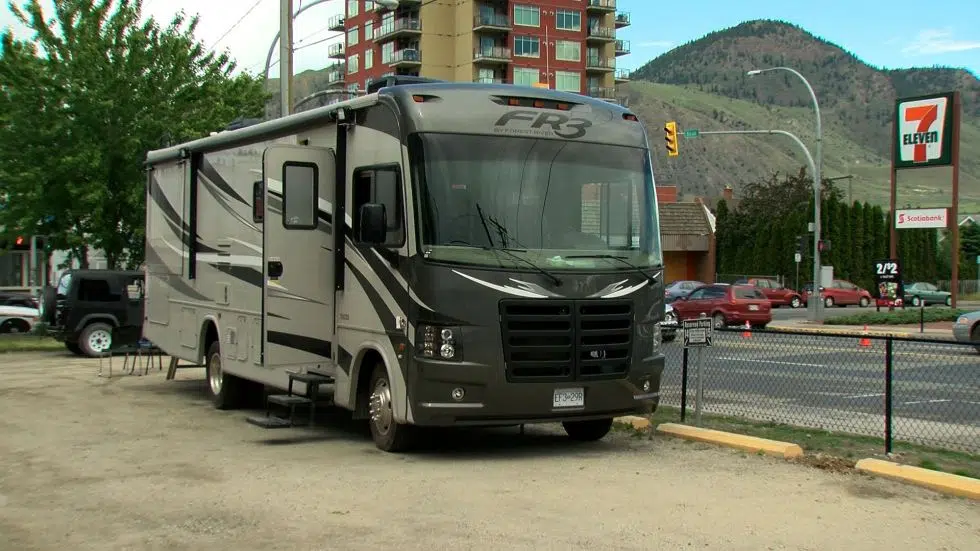
Mobile overdose prevention unit sees 900 visits in first two months
KAMLOOPS — In response to the fentanyl crisis in this city, Interior Health and ASK Wellness began providing a mobile overdose prevention service in June.
“We’ve had 900 visits to our site here for the data that we’ve collected for June and July and the trend for usage is going up,” said Rae Samson, administrator for Mental Health and Substance Use for Interior Health West.
In July Interior Health received the Health Canada approval needed to provide supervised consumption services in the retro-fitted motorhome.
Since then visitors have been able to inject their drugs in the unit under close supervision.


